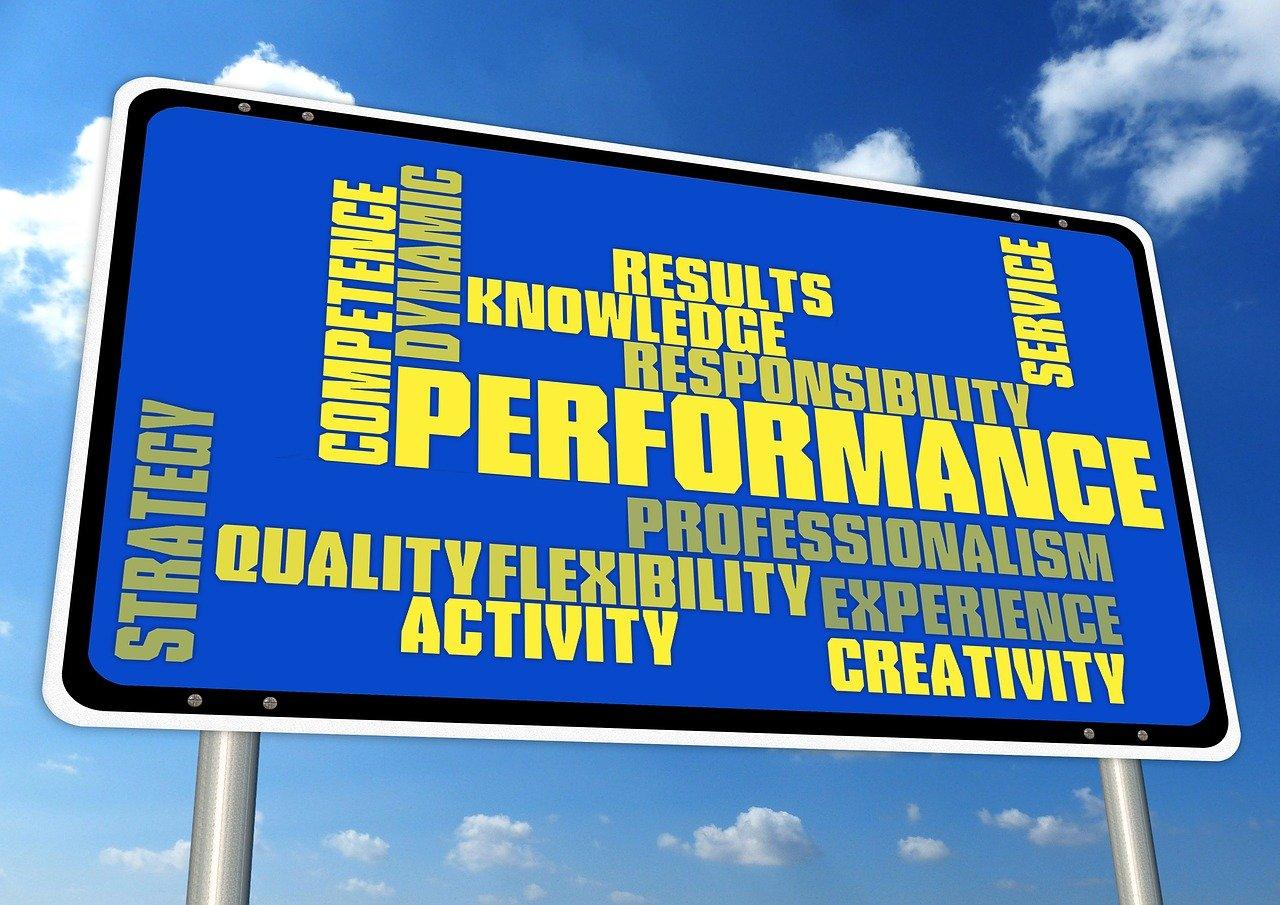For a lot of companies, Corporate Social Responsibility and Sustainable Development remain relatively vague concepts. They speak about it, they think of it, but they are very few to set up a true strategy.
Much wonders which can be their interest to take a turn towards a responsible and durable company.
Corporate Social Responsibility: For money
A recent study published by YouGov and Barclays brings a new element in response: it brings in money.
This study raises that, according to 57% of the companies, the key to encourage business to invest more in the durability matters lives in subsidies and a tax exemption. What to make of this report? One can regret that this result put forward the sempiternal request for financial advantages. But the fact remains it is time of (re)thinking business, by taking into consideration the current stakes of our society. And thus, to set up mechanisms which would incite the business world to take the path of CSR.
For employee retention (and then, for money too)
Moreover, 78% of the employees affirm it: the CSR is an important part of the life of the company.
And the figures also illustrate the effect CSR initiatives have on employee retention. A total of 67% of employed UAE residents interviewed say they are more likely to continue working for companies that allow them to volunteer more during working hours.
For investor confidence (and then, for money too)
The investors are not outdone: 83% of them wish to invest in socially responsible projects. Over the last two years, SRI investing has grown by more than 22% to $3.74 trillion in total managed assets, suggesting that investors are investing with their heart, as well as their head. In fact, about $1 of every $9 under professional management in the U.S. can be classified as an SRI investment.
For values – with a little assistance – and reputation (and then, for money too)
In any case, a CSR implication is, above all, the reflection of the values of the entrepreneur. In particular in SME. Indeed, the size and the branch elements to be considered. And it appears that assistances at the regional level can encourage the structures to be implied; but this, in a precise field.
https://www.rsenews.com/public/france/pme-rse.php
Besides, the environment is often the front door as regards CSR. Many companies start with waste management and the fight against the wasting. Whatever the size of their company, the leaders – even if they are not converted to humanism – are increasingly sensitive to the strategic issues and operational which their implication CSR represents.
Their reputation is at stake.
https://yougov.co.uk/news/2018/09/04/greater-transparency-more-top-down-control-organis/
New research released by YouGov shows that organizations in the UK are discovering multiple benefits from the trend of focusing on reputation.
A new European consensus for the development was signed in 2017. The CSR is presented there like one of the best tools for the installation of a new economic paradigm. The platform of commitment CSR and sustainable development presents the ranking of the most advanced countries in this field via a study completed by Institute RESPECO (attached to Word Forum) for a Responsible Economy:
- Sweden
- Finland
- Norway
- Denmark
- Iceland
- Switzerland
- France
- Germany
- Belgium
- Slovenia
We can see that CSR is especially present in Europe. The first non-European country can be found in the 24th place (Australia).
To consider half of the world (and then, for money too)
As a French woman, I could be delighted by this «good performance”. But we are many to notice how much the way to go is still long. In particular as regards equality man-women…
In the 100 larger European companies, the executive committees are still composed of 89% of men. However, we all know what the benefits of co-education are from now on. On the basis of this report, the Observatory of co-education (OMix) (think tank of the Institute of the responsible capitalism, l’Institut du capitalisme responsable,) sponsored by the chief executive officer of Sodexo Michel Landel, have worked on the subject. Seven large companies -Crossroads, Crédit Mutuel, Arkéa, Engie, Legrand, Sanofi, Sodexo and Suez – have cogitated with 17 to put forward six measures.
And we need at least six of them because women continue to be vastly underrepresented at every level. For women of color, it’s even worse. Only about one in five senior leaders is a woman, and one in twenty-five is a woman of color.
Progress isn’t just slow—it’s stalled. And we know why.
https://womenintheworkplace.com/
And it’s a pity because mixing in the boards improves performance: companies perform better when they have at least one female executive on the board, a study of companies in the UK, US and India shows.
To conclude, let us hand over to Viviane de Beaufort (French professor at the Law and Environment department at ESSEC and founder of Women ESSECEXEC Programs): “France cannot do without half of its talents (cf the number of graduate women). Lastly, as much my work as testimonies of large leaders attest that women fist-time trained, qualified, duly selected discuss the strategy, the risks, the governance, the model with a new eye”.
Come on guys: be courageous, commit yourselves in Corporate Social Responsibility and Sustainable Development! Risks are low: it is proved that you will only be more efficient!
Click here to view Michele’s Short Bio


